Philistia
Book Excerpt
'I have read "Gold and the Proletariate,"' Oswald answered modestly, 'and I learned much from it, and thought more. I won't say you have quite converted me, Herr Schurz, but you have given me plenty of food for future reflection.'
'That is well, said the old man, passing one skinny brown hand gently up and down over the other. 'That is well. There's no hurry. Don't make up your mind too fast. Don't jump at conclusions. It's intellectual dishonesty to do that. Wait till you have convinced yourself. Spell out your problems slowly; they are not easy ones; try to see how the present complex system works; try to probe its inequalities and injustices; try to compare it with the ideal commonwealth: and you'll find the light in the end, you'll find the light.'
As he spoke, Herbert Le Breton lounged up quietly from his farther corner towards the little group. 'Ah, your
Editor's choice
(view all)Popular books in Fiction and Literature, Politics, Romance
Readers reviews
- Upvote (0)
- Downvote (0)
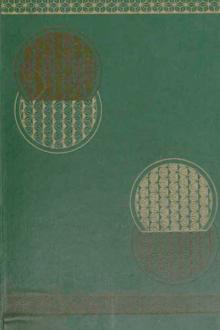
 Free Download
Free Download





















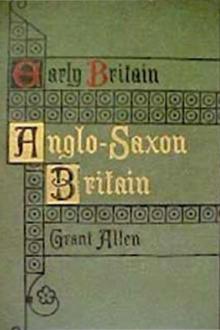
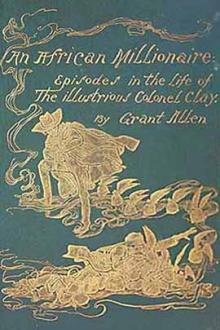
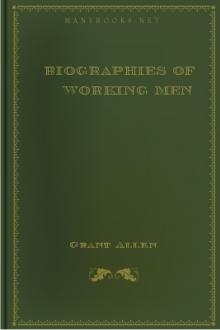
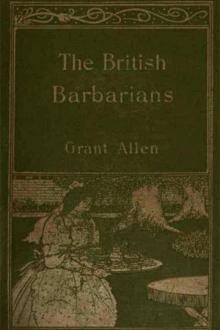
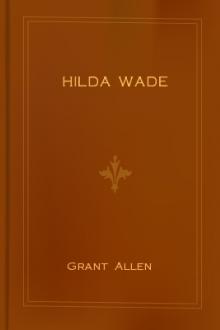
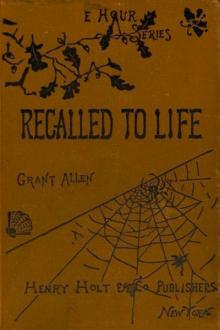

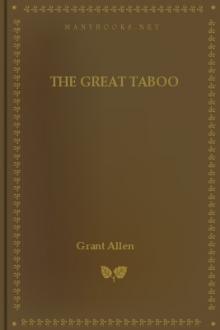
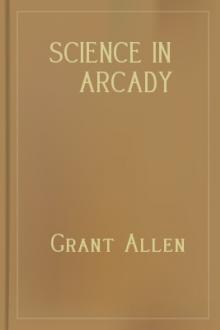
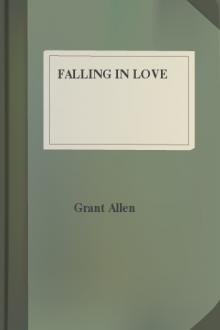
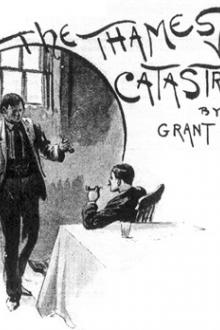
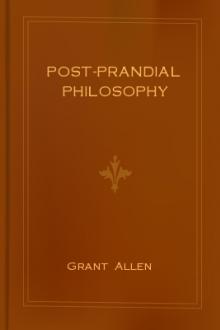
-itok=vcKIB5v1.jpg)